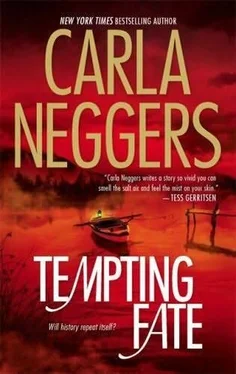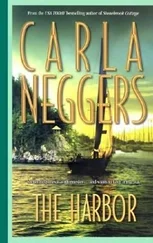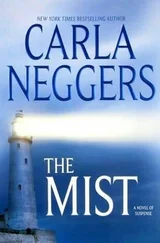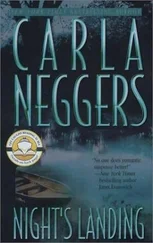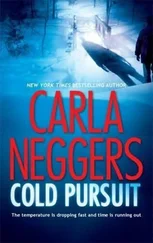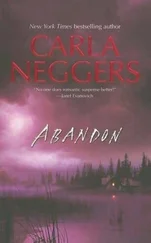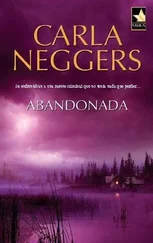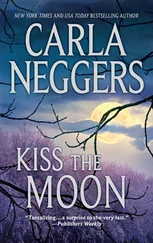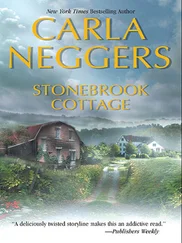But it wouldn’t have mattered.
He wasn’t there. He was at the track of another era, not twenty-five years ago when Lilli disappeared or even thirty years ago when they’d been so happy together, but all the way back to his first summer in Saratoga when he was thirteen years old. His mother had “retired” from Hollywood by then and moved him to Greenwich Village. He’d come to love the hustle and excitement of Manhattan, even as he longed for the dry, sunny days of Beverly Hills and his father’s kidney-shaped swimming pool.
“Don’t worry about being stuck in New York forever,” Nick would counsel him during their weekly telephone calls. “Your mother will come crawling back to me soon enough.”
John had known his mother would never return to California. At first, eager New York hostesses had invited her to all their society dinners and benefits. Mattie, who preferred flying kites in Central Park or wrapping herself in a tattered afghan by the fire and reading murder mysteries, refused-politely-any and all invitations. The twisted result was that she became even more of a legend. Her unconventionality in retirement coupled with her still-extraordinary beauty and the continued popularity of the fifteen movies she’d made had ensured her place not only in film history, but in the imaginations of ordinary people. To John, the Mattie Witt of film legend was unreal to him. The Mattie Witt he knew wasn’t so glamorous and young, but spoke in a lingering southern accent, had had her hair cut off the moment she’d hit the streets of New York, seldom put on makeup or followed fashion. One of her favorite outfits was an orange flight suit, which she’d wear anywhere. John would remember seeing pictures of his mother in sequined evening gowns and gobs of makeup, her lips painted red and her hair done up and diamonds glittering at her neck, and would collapse in a fit of laughter, so different was she after she’d quit Hollywood.
For their trip to Saratoga that muggy August day, she’d collected her convertible-bright red with a cream interior-from the garage and had John drag out her old upholstered valise, which she’d stuffed full. He’d packed it in the back of the car, along with two boxes of glass bottles.
“What’re the bottles for?” he’d asked.
“I’m going to fill them with mineral water and give them to friends as gifts. Here.” She thrust a shoe box at him. “These are my labels. We’ll ink them in during the evening and on rainy days.”
It had sounded horrid to John.
His eccentric mother had put on her driving gloves and wore a lemon-yellow Chanel suit as she drove with the top down, the bottles rattling in the back. Her eyes had seemed blacker and huger than ever.
“Where will we stay?” John had asked.
“At the estate your great-grandfather built.”
That sounded exciting to John. He’d never been there, and he’d imagined all sorts of things-maids, silk sheets, fresh-cut flowers, tennis courts, an indoor swimming pool.
“Remember he was a gambler who came to a bad end,” Mattie added.
“But in The Gamblers -”
“That movie is more fiction than fact. The real Ulysses Pembroke was shot dead over a poker game and left his pregnant wife penniless. He could have done something worthwhile with his life. He was extraordinarily bright-and yes, I’m sure, quite charming.” She glanced at her son with her dark, so knowing eyes. “Very much like your father, I imagine. And you, if you’re not careful.”
When they arrived in Saratoga, John had been hugely disappointed with the Pembroke estate. It was overgrown and spooky, a testament to his great-grandfather’s wasted life. Locked and boarded up, the main house was just too daunting, and Mattie and John dusted up the gingerbread cottage and moved in for their stay. As he’d explored the grounds, he’d found countless indications of what the property must have been like in its day-leggy rosebushes, giant hedges, perennials surviving against all odds, a slate tennis court covered with brown rotting leaves, cracked marble and stone statuary and fountains, an abandoned croquet ball. He’d cleared decades of fallen leaves, twigs, moss and mud from a mineral spring near the main house, among the few original Saratoga springs not already bought up and preserved by the state, and tried its bubbling water. The taste was absolutely hideous. He’d thought he’d been poisoned.
“Mother, Mother!” He’d raced into the kitchen, where Mattie was frowning over a table full of kerosene lamps. The cottage had no electricity. Breathless, he’d told her, “Mother, we can’t give that water to people! It’s poison!”
“My dear, it’s not poison, but I intend to give only a very small quantity of water from that particular spring. It’s quite strong and really more suited to bathing. No, the water I intend to give away is from the springs on the other side of the woods. Its waters are far tastier.”
All in all, John hadn’t been impressed with Ulysses Pembroke and, gradually, had come to admit his own father wasn’t much better. Cut from the same cloth, his mother liked to say. John, however, had been determined to be different. He’d do something positive with his life.
Tired of the Pembrokes, he’d asked if he could investigate the track.
Mattie had scrutinized him with a care and closeness that was unusual for her. Her child-rearing philosophy was laissez-faire, sometimes bordering on neglect-which she considered quite healthy. “Since you’re too young to gamble, I suppose it’s all right.”
Small for his age, John had managed to slip onto the grounds unnoticed and soon found himself at the paddocks, staring up at the shiniest, most beautiful horse he’d ever seen. A girl a couple of years younger than he came up to him. Her neatly curled blond hair was parted in the middle and held off her face with mother-of-pearl barrettes, and she wore a blue-flowered dress and navy buckled shoes.
“I don’t know you,” she’d said.
“Well, I don’t know you, either.”
She’d laughed. “Everybody knows me.”
He couldn’t tell if she meant to sound snobby or if she really thought everybody knew her. “Well, everybody knows my mother and father. My mother’s a movie star, and my father’s a famous movie director-and my great-grandfather was a train robber. I’m staying at his estate.”
“I know all the estates in Saratoga.” Her blue eyes had glistened as she took up the challenge. “You don’t have one.”
“The Pembroke-”
“Oh, that. It’s all boarded up. Father says it has rats.”
John had felt his first sting of real humiliation. “We just keep it that way so no one bothers the treasure.”
From her expression, he knew he had her interest, but her father, tall, fair and imposing, showed up and, with just a look, managed to scold her for running off by herself. “Lilli, I’ve warned you to stay away from the stable boys.”
“He’s not a stable boy. His mother’s a movie star and-”
“A movie star?” Eugene Chandler had turned and appraised John with such frank distaste he could still feel his cheeks burning decades later. He’d felt shabby in his jeans, in contrast to the rich man’s handsome gray suit. “You’re Mattie Witt and Nicholas Pembroke’s boy. Well, run along. You’ve no business here.”
Mattie had been unsympathetic to her son’s dejection. Why on earth should he care what the Chandlers thought of him? She was truly and honestly mystified. Only much, much later did John come to understand that his mother’s fierce independence hadn’t come naturally to her, that she’d had to fight and sacrifice-and suffer-for her treasured freedom.
That lonely summer, he’d only understood how much he’d wanted the Chandlers to approve of him. For the rest of that first August in Saratoga, he’d explored the Pembroke estate and Saratoga’s library and all its museums and streets, not just for a sense of the Pembroke past, of their abused energy and promise, but for a peek at his own destiny.
Читать дальше
Конец ознакомительного отрывка
Купить книгу
